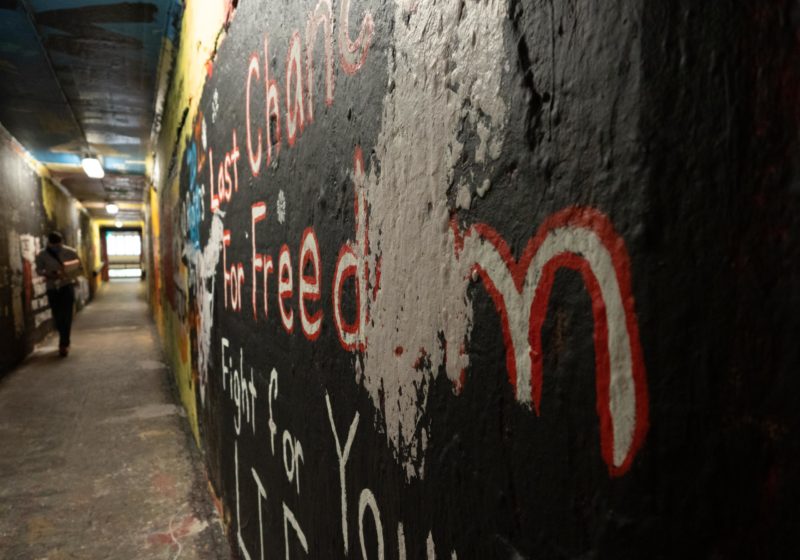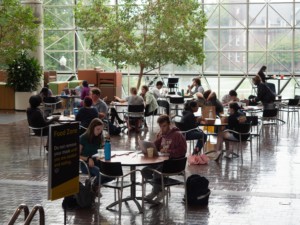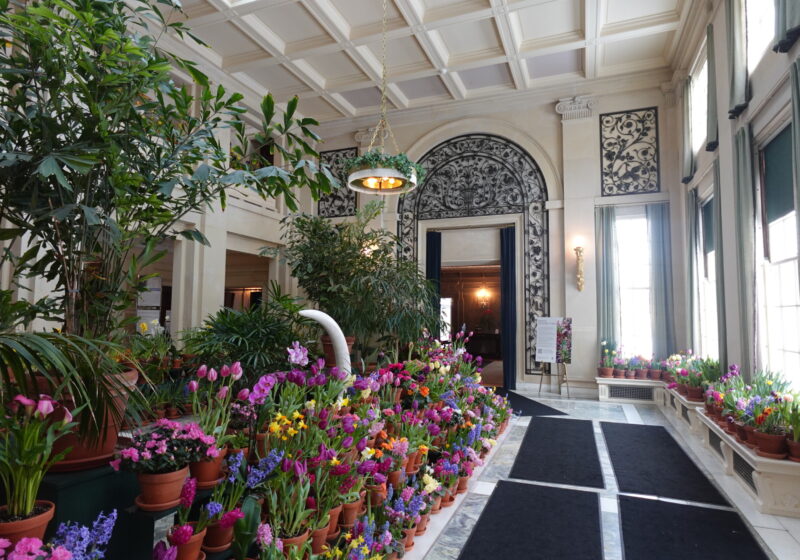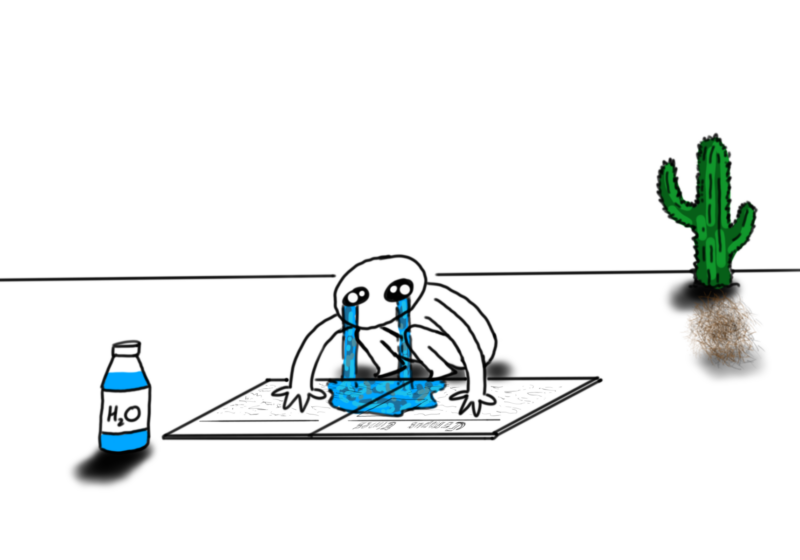Dialogue is always important. With the presidential election a stone’s throw away, a pandemic preventably claiming thousands of lives, and students getting tear gassed downtown, you’d think the University would encourage it now more than ever. You’d be wrong.
In response to public health concerns raised by the Coronavirus University Restart Team (CURT), UR banned tunnel painting for the fall 2020 semester. In response to students caring about where they come from, UR took down the flag lounge.
In a message to the Campus Times, SA president Justyna Gorka said that CURT’s initial recommendation was to close the tunnels completely, due to poor air ventilation and circulation. But many saw the tunnels as too critical to student, staff, and faculty commutes.
So UR compromised and willingly accepted the bulk of a public health risk, banning only painting.
But why take away an activity that rarely involves more than five students, late at night when nobody else is in the tunnels? Painting in the tunnels barely seems to increase health risks, especially if people adhere to social distancing guidelines and stay masked.
Yes, there is a line between safety and accommodating the community’s needs, and it has to be drawn somewhere. We are indeed taking a risk by virtue of even being here. But in the wake of the flag display’s removal, the line did not have to get drawn here.
In the past, the tunnels served as a space for student organizations to advertise their events and initiatives, as well as an outlet for student voices and important political discourse — a visual representation of what the student body cares about. They are tangible proof that our campus community remains connected.
But as we’ve seen time and time again, when things get hard, the University simply removes the source of the problem, with little discussion or debate around the issue.
Look at the flag lounge.
We understand that UR does not want the headaches that come with implicitly granting the contentious title of statehood to each flag they hang. Too bad.
It’s astounding that UR — one of the best political science schools in the country, that has an entire class on the Israel/Palestine conflict — would not anticipate conflict in deciding what is and isn’t a country. It’s disappointingly predictable that UR would jump to take a campus landmark down at the first threat of conflict.
The committee won’t be able to find a solution that will please everyone, or even most people. That’s politics.
We, the students — the very people the flags represented — weren’t even made aware that the flags would be removed until after it happened. Even SA was blindsided by the decision. What is the point in having a representative student government if UR won’t call them to represent us in debates this important? Yes, we care that much about a few flags in the student center.
UR’s students and faculty have made it clear that when administration makes unilateral decisions on issues that specifically affect us, those decisions don’t wind up serving our best interests.
Just recently, faculty members spoke out about the lack of input they had on the University’s reopening plan.
Last semester, River Campus undergraduates made up only a small fraction of the committee formed to resolve the flag dispute. It’s good to hear from a variety of viewpoints, but not at the expense of University members affected the most by the decision made.
Does a variety of viewpoints really matter when administration has complete control over the outcome of the discussion, regardless of whether their decision represents student interests?
We saw this in 2018: Administration made no effort to hear student opinions on arming the Department of Public Safety. In fact, they actively refused to hear student opinions until the Minority Student Affairs Board (MSAB) protested at Faculty Senate. When MSAB got the public forum they’d fought for, it lacked teeth. On the decision to hold a heavily moderated forum, rather than allow students to speak their minds freely, interim University president Richard Feldman said, “It’s really hard to communicate in situations like that.”
But it’s not difficult to just ask people their opinions. It might be messy, but administration shouldn’t simply ignore difficult conversations because they’re afraid of being frustrated or not getting the outcome they want.
If UR is that afraid of losing a donor, maybe they should take integrity out of their Meliora values.
A pattern of avoiding controversy results only in a superficial unity, and only among the people making and communicating the decisions. It doesn’t result in decisions that are empathetic to the needs of the entire University community.
Representation means nothing if administration ignores the representatives’ input. Students need agency.
The Editorial Board is a weekly Opinions article representing the view of the Campus Times, co-written by Editor-in-Chief Hailie Higgins, Publisher An Nguyen, Managing Editor Corey Miller-Williams, Features Editor Micah Greenberg, and Opinions Editor Lucy Farnham.







